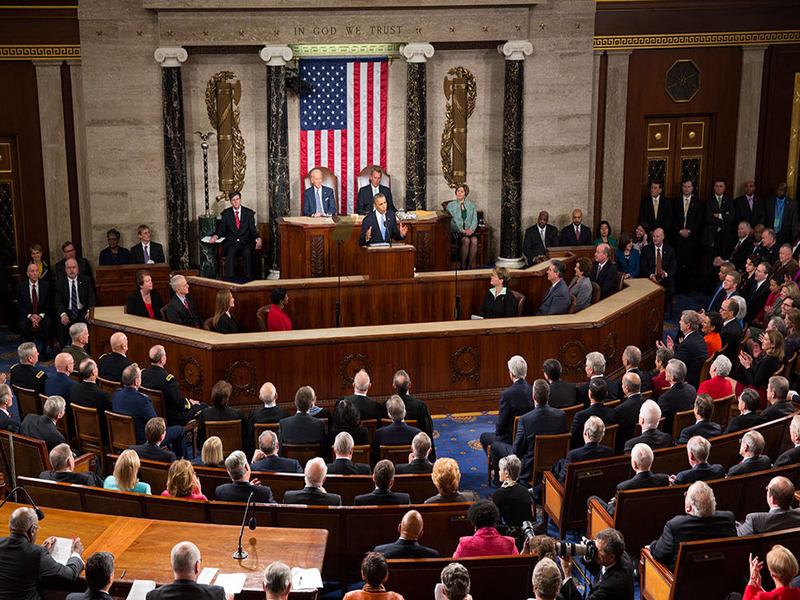
Independent Report – Chairman of the DPR Budget Committee, Said Abdullah, emphasized that the government is currently implementing budget efficiency measures to improve the welfare of the people. He clarified that these budget cuts do not affect ministries or agencies but are directed toward initiatives that benefit the public.
Said provided an example of the Free Nutritious Meals (MBG) program and efforts toward food self-sufficiency as key strategies to enhance people’s welfare. He explained that increasing funding for MBG, accelerating food self-sufficiency, and enhancing rehabilitation programs would bring long-term benefits to society.
He argued that prioritizing such programs is more beneficial than allocating funds to office supplies, official travel, or frequent seminars and discussions. According to him, routine expenditures on these items have been an ongoing issue for a long time. He expressed gratitude that the government is now shifting its focus toward capital expenditure rather than consumptive spending.
Also Read : Free Health Check Program: Government Initiative to Improve Public Health
Furthermore, Said assured that employee salaries and essential expenditures would remain unaffected by budget cuts. He dismissed concerns about the possibility of eliminating bonuses such as the 13th and 14th salaries, affirming that these payments would continue as usual.
The Secretary General of the Indonesian Democratic Party of Struggle (PDIP), Hasto Kristiyanto, also commented on the government’s budget efficiency policy, which has been intensified under President Prabowo Subianto. Hasto stated that PDIP supports this initiative as long as it prioritizes the interests of the people.
He emphasized that budget rationalization should be guided by efficiency and accountability while ensuring that productive sectors receive adequate funding. He expressed confidence that President Prabowo would continue to promote economic policies centered on the people’s welfare.
Hasto recalled that Indonesia’s founding leaders, including Soekarno, did not initially focus on budgetary concerns when planning the country’s independence. Instead, they prioritized grand ideas related to sovereignty, self-reliance, and national culture. He highlighted that Indonesia did not discuss budget constraints when assisting Asian and African nations in gaining independence. But instead focused on the broader vision of self-sufficiency and national dignity.
According to Hasto, PDIP continuously instills the importance of strong ideas in regional development. He explained that this principle also guides the party’s approach to governance. Ensuring that democracy functions in a way that upholds the people’s sovereignty.
He also mentioned that PDIP regional leaders have developed strategies to ensure these policies are effectively implemented. He highlighted Surabaya as a city ready to support the free meal initiative, with active involvement from local stakeholders. He pointed out that micro, small, and medium enterprises (MSMEs) and local food vendors could play a key role in this program. Enhancing its inclusivity and benefiting the local economy.
Hasto acknowledged that the current global economic landscape presents significant challenges, including geopolitical tensions and uncertainties in economic growth. Given these conditions, he underscored the importance of policies that reinforce national self-sufficiency.
He concluded that while the situation remains difficult, Indonesia must adapt by tightening its budget and strengthening its internal capabilities. He stressed the need for resilience and the drive to achieve self-reliance, which will ultimately benefit the country in navigating global economic uncertainties.
Also Read : The Charm of Alyssa Daguise in Hijab and Kaftan in Jeddah